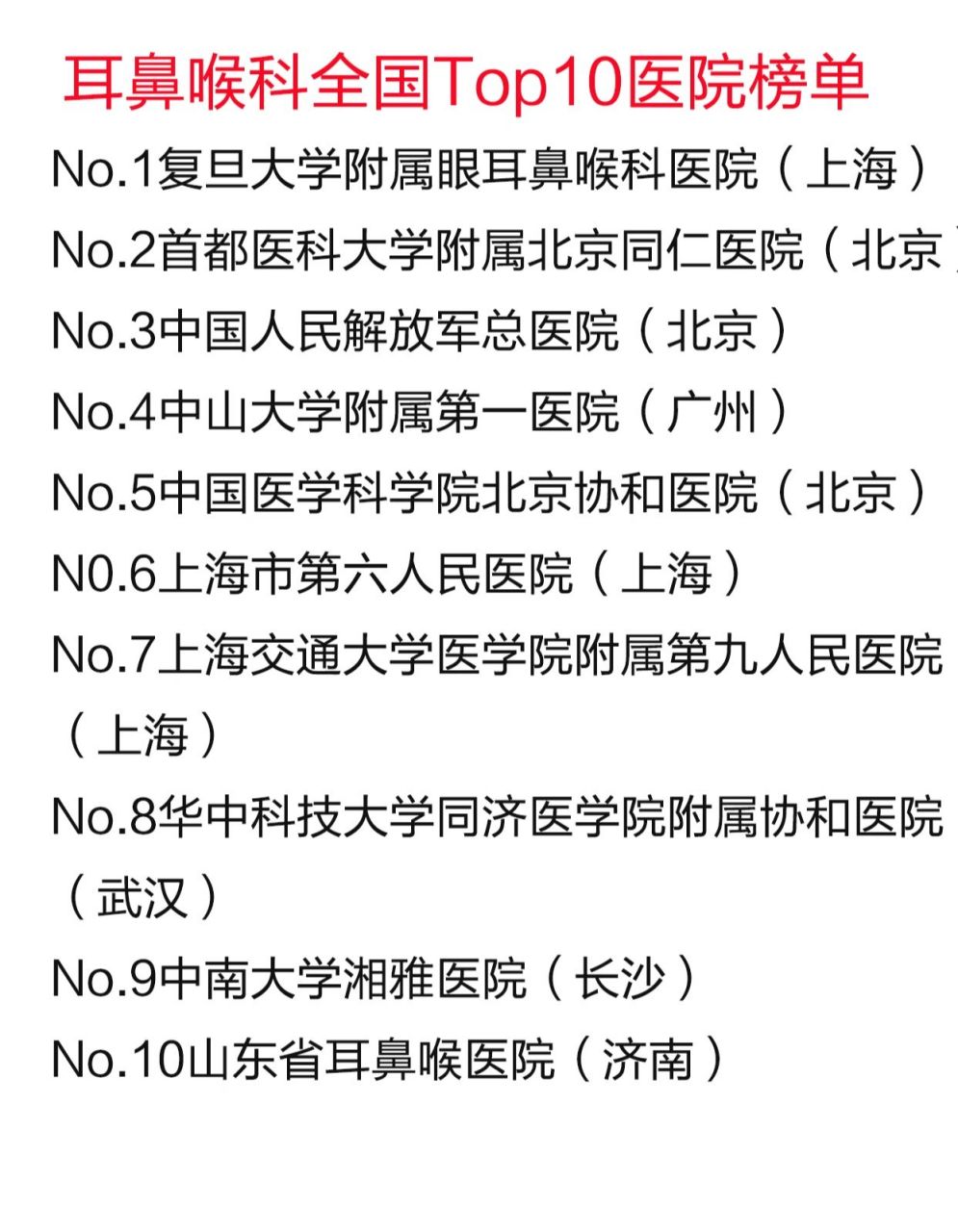Biologic agents are a class of medications used in the treatment of ankylosing spondylitis (AS), a type of inflammatory arthritis affecting the spine. These medications target specific proteins in the immune system that contribute to inflammation and pain. Here are some commonly used biologic agents for AS:
1. Tumor Necrosis Factor (TNF) Inhibitors: Drugs like etanercept (Enbrel), adalimumab (Humira), and infliximab (Remicade) are commonly used to treat AS. They work by blocking TNF, a cytokine that promotes inflammation.
2. Interleukin (IL) Inhibitors: Secukinumab (Cosentyx) targets IL-17A, another cytokine involved in the inflammatory process of AS.
3. Interferon Gamma Inhibitors: Although less commonly used, interferon gamma inhibitors like infliximab can also be effective in treating AS.
4. Corticosteroids: In some cases, corticosteroids may be injected directly into the affected joints to provide temporary relief from inflammation and pain.
5. Monoclonal Antibodies: Other monoclonal antibodies, such as golimumab (Simponi), are also used to treat AS by targeting specific immune responses.
Biologic agents are typically reserved for patients who have not responded well to conventional treatments, such as nonsteroidal anti-inflammatory drugs (NSAIDs) and physical therapy. They are administered either by subcutaneous injection or intravenous infusion, depending on the specific medication.
It's important for patients to work closely with their healthcare provider to determine the most appropriate treatment plan, as biologic agents can have potential side effects and may not be suitable for everyone. Regular monitoring and follow-up appointments are necessary to evaluate the effectiveness of the treatment and to manage any adverse reactions.







